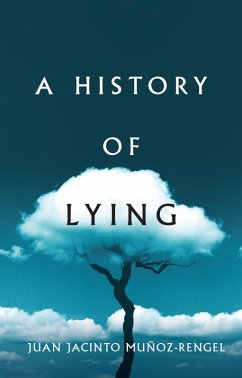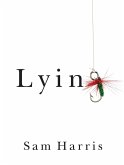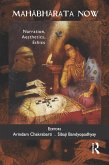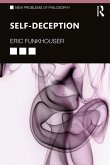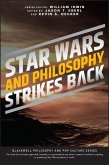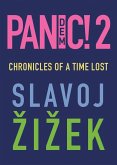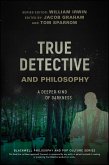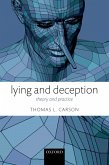Wherever there is life, there are lies.
Slick-suited politicians lie on the podium, ready to tell voters what they want to hear. Cheating lovers, swindling businessmen, double-crossing villains - all liars. But nature lies too - the cheetah crouching in the tall grass waiting to pounce, its spots and straw-coloured fur blending in with its surroundings, the chameleon with its adaptable skin, the octopus hiding in its cave.
Juan Jacinto Muñoz-Rengel uncovers the slippery history of lies, some dark and elusive, others thunderous and dazzling. From primeval forests to modern politics, he explores the uncomfortable truths of our white lies, fudged facts and blatant deceptions. For centuries, philosophers, writers and poets have grappled with the paradox of what's fact and what's fiction. So who can we really believe? Our friends? Our partners? Our leaders? Can we even trust ourselves?
Truly, this is the only book in which the abundance of lies on its pages is a sign of success. Or maybe it isn't. Who can really tell?
Slick-suited politicians lie on the podium, ready to tell voters what they want to hear. Cheating lovers, swindling businessmen, double-crossing villains - all liars. But nature lies too - the cheetah crouching in the tall grass waiting to pounce, its spots and straw-coloured fur blending in with its surroundings, the chameleon with its adaptable skin, the octopus hiding in its cave.
Juan Jacinto Muñoz-Rengel uncovers the slippery history of lies, some dark and elusive, others thunderous and dazzling. From primeval forests to modern politics, he explores the uncomfortable truths of our white lies, fudged facts and blatant deceptions. For centuries, philosophers, writers and poets have grappled with the paradox of what's fact and what's fiction. So who can we really believe? Our friends? Our partners? Our leaders? Can we even trust ourselves?
Truly, this is the only book in which the abundance of lies on its pages is a sign of success. Or maybe it isn't. Who can really tell?
Dieser Download kann aus rechtlichen Gründen nur mit Rechnungsadresse in D ausgeliefert werden.
"What is lying, how does it work, where does it come from, and why is it an integral and perhaps necessary part of human life? In A History of Lying, Juan Jacinto Muñoz-Rengel takes us on a dazzling journey through all different kinds of deception and falsehood, from their probable evolutionary origins to fake news in the modern day, carefully observing their effects on social life, family and love, politics, literature and art. An addictive, erudite essay that reads like a work of fiction."
Jorge Volpi
"He has the potential to become one of the most important writers of his generation."
Irene Andres-Suárez, University of Neuchâtel, Switzerland
"My candidate for the book of the year."
Pablo Bujalance, Grupo Joly
"I was dazzled and exhilarated by this playful philosophical tour-de-force"
Sydney Morning Herald
"revelatory: we lie, yes, but often we do it to help each other. Muñoz-Rengel convincingly shows us that falseness 'is the clearest sign of intelligence', and should be appreciated as a tool for enabling people to understand reality."
New Statesman
"provoking, entertaining and surprising [...] a frothy, glittering meditation on the nature of human being"
Antonella Gambotto-Burke, The Australian
"[Munoz-Rengel's] fierce allegiance to the idea that the origins of lying reside in any detachment from reality brings to mind the idea of not lying as an active pursuit, which takes the form of a constant sifting through the details of life, and a simultaneous attempt to articulate them as clearly as possible--something akin to producing art."
The New Yorker
Jorge Volpi
"He has the potential to become one of the most important writers of his generation."
Irene Andres-Suárez, University of Neuchâtel, Switzerland
"My candidate for the book of the year."
Pablo Bujalance, Grupo Joly
"I was dazzled and exhilarated by this playful philosophical tour-de-force"
Sydney Morning Herald
"revelatory: we lie, yes, but often we do it to help each other. Muñoz-Rengel convincingly shows us that falseness 'is the clearest sign of intelligence', and should be appreciated as a tool for enabling people to understand reality."
New Statesman
"provoking, entertaining and surprising [...] a frothy, glittering meditation on the nature of human being"
Antonella Gambotto-Burke, The Australian
"[Munoz-Rengel's] fierce allegiance to the idea that the origins of lying reside in any detachment from reality brings to mind the idea of not lying as an active pursuit, which takes the form of a constant sifting through the details of life, and a simultaneous attempt to articulate them as clearly as possible--something akin to producing art."
The New Yorker

